While Apple, Google, and Nintendo maintained standards, Sony, Microsoft, Facebook and more saw concerning declines in responsible sourcing numbers
Feature by Brendan Sinclair
Feature by Brendan Sinclair
Managing Editor
GamesIndustry International
Published on Dec. 8, 2022
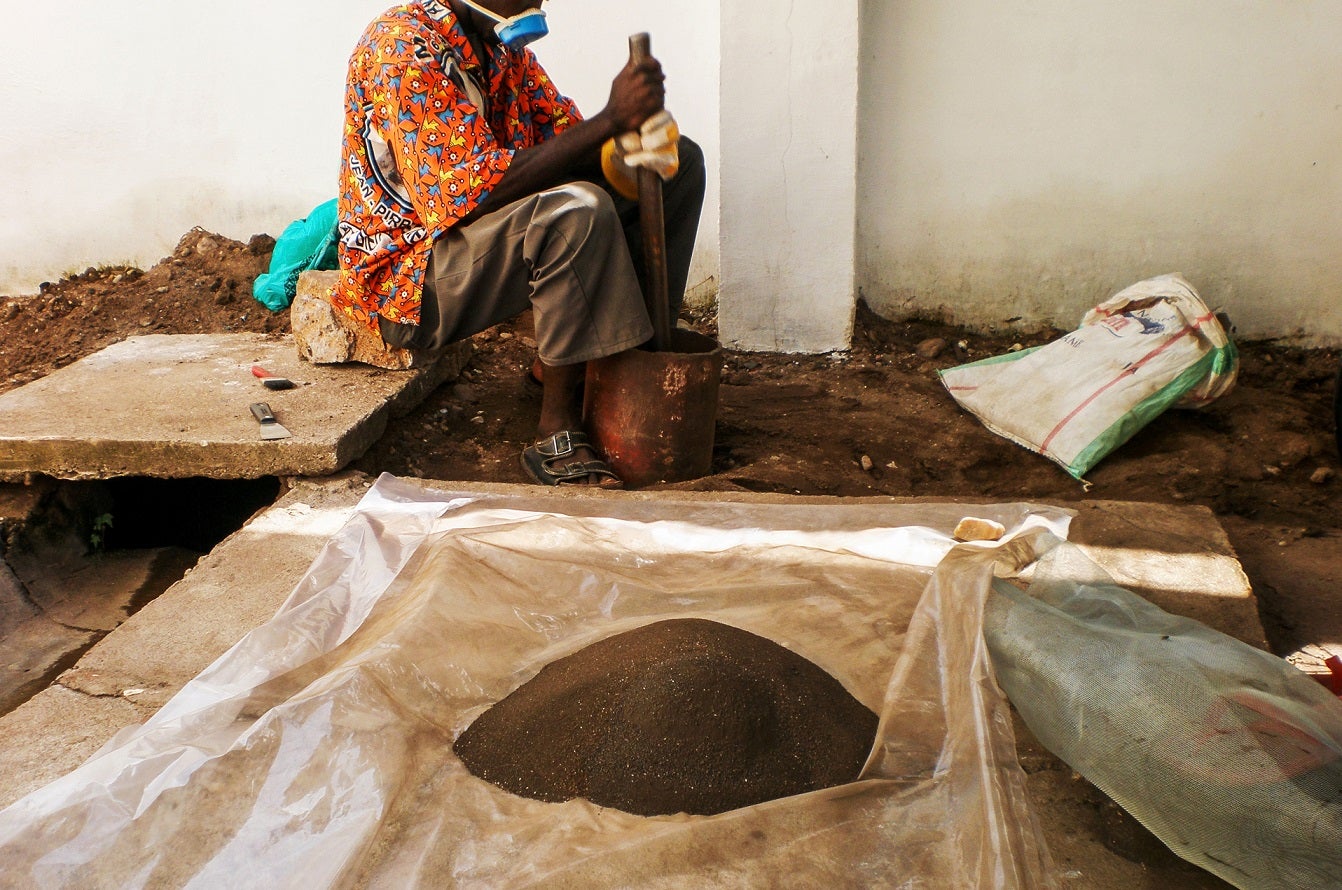
It's time for our eighth annual look at the games industry's conflict minerals sourcing practices and what companies are doing to ensure that the video game hardware we buy isn't funding armed conflict, slave labor, extortion and other human rights violations.
If this is your first time reading one of these, be sure to check out "The Basics" for the quick background on what conflict minerals are and where the information we're looking at is coming from, then brush up on the "Common Terms" we'll refer to throughout this piece.
If you're familiar with those bits and just want to know how the industry did, we discuss the broader results and larger trends around responsible mineral sourcing starting in The Year in Review section.
Finally, we have the individual company performances, which are linked just below. We looked at 14 different companies this year, and not a single one showed improvements over last year.
To be fair, in some cases, there's really not much in the way of room for improvement, and companies like Apple and Google have been as close to perfect as these disclosures allow for.
On the other hand, companies like Microsoft and Sony that had made significant strides since the beginning of conflict minerals reporting gave up a chunk of that progress this year, while outfits like Amazon and Valve continue to demonstrate little or no regard for transparency around ethical mineral sourcing.
One thing to note is that each year's disclosures around conflict minerals cover companies' supply chains from the previous year, so the most recent data we have will be for 2021.
Background
Published on Dec. 8, 2022

It's time for our eighth annual look at the games industry's conflict minerals sourcing practices and what companies are doing to ensure that the video game hardware we buy isn't funding armed conflict, slave labor, extortion and other human rights violations.
If this is your first time reading one of these, be sure to check out "The Basics" for the quick background on what conflict minerals are and where the information we're looking at is coming from, then brush up on the "Common Terms" we'll refer to throughout this piece.
If you're familiar with those bits and just want to know how the industry did, we discuss the broader results and larger trends around responsible mineral sourcing starting in The Year in Review section.
Finally, we have the individual company performances, which are linked just below. We looked at 14 different companies this year, and not a single one showed improvements over last year.
To be fair, in some cases, there's really not much in the way of room for improvement, and companies like Apple and Google have been as close to perfect as these disclosures allow for.
On the other hand, companies like Microsoft and Sony that had made significant strides since the beginning of conflict minerals reporting gave up a chunk of that progress this year, while outfits like Amazon and Valve continue to demonstrate little or no regard for transparency around ethical mineral sourcing.
One thing to note is that each year's disclosures around conflict minerals cover companies' supply chains from the previous year, so the most recent data we have will be for 2021.
Background
The Basics
Common Terms
Company-by-company performanceMicrosoft
Sony
Nintendo
Amazon
Apple
Google/Alphabet
Meta/Facebook
Other Companies in Brief
The Year in Review
In the early days of conflict minerals reporting, it was in many cases impossible to tell how much of a company's supply chain was conformant because major companies had plenty of suppliers that wouldn't even answer the conflict minerals surveys about the upstream businesses from which they obtained raw materials. For example, only 31% of Disney's suppliers bothered returning a survey in 2013.
Those numbers improved over the years, and the latest round of disclosures we looked at had most companies that reported survey return rates seeing that figure at 100% (or so close as to be explained by special circumstances). At least on that front, the improvement seems to have been sustained.
Like the supplier survey return rates, the percentage of conformant smelters or refiners (SORs) suppliers sourced materials from likewise trended up over the years in most cases, but this year a number of companies showed significant backsliding on that front.
It fits with something we were told for last year's article by Raphael Deberdt of the Responsible Sourcing Network (RSN), a charitable organization dedicated to ending human rights abuses associated with raw material supply chains. He had said that concern over conflict minerals was "in fashion" for a few years but of late that concern had switched toward cobalt, which is more closely associated with child labor than armed conflict. As a result, he had seen improvement in 3TG sourcing plateau.
"[Conflict minerals] was very much in the news from 2010 until about 2016, and then cobalt really appeared as the new mineral to be interested in"Raphael Deberdt
We check in with Deberdt again this year, and he says even the RSN has been mostly working on cobalt and other minerals besides 3TGs. Just to make certain, we ask if that suggests the conflict minerals problem has been solved.
"No, not at all," he admits. "It goes back to the 'fashionable' aspect of conflict minerals. It was very much in the news from 2010 until about 2016, and then cobalt really appeared as the new mineral to be interested in."
The RSN's focus now is on the European Union regulations around disclosure of 3TG supply chains that went into effect last year. The law requires the EU to review the law every three years, which provides an opportunity to expand the requirements to cover additional minerals like cobalt.
Even in its current state, Deberdt believes there are benefits to the EU regulations, but there's no standardized template for reporting and the law leaves it up to individual countries to determine how (or if) the findings are reported. For example, Deberdt says some countries will publish all the reports they receive, but others won't.
"It's a bit of a tricky situation where we don't have a centralized or common approach to all the issues, so that makes it extremely difficult to measure," he says.
Thankfully there are parties working to address the issue above and beyond government regulation. Last month the Responsible Minerals Initiative formally debuted a Minerals Agnostic Standard and Pilot Reporting Template that had been developed in cooperation with major companies like Microsoft.
The template lays out a standardized process for companies to collect data on all the minerals used in their work, which will hopefully make it easier for them to perform effective due diligence on their minerals supply chains.
Common Terms
Company-by-company performanceMicrosoft
Sony
Nintendo
Amazon
Apple
Google/Alphabet
Meta/Facebook
Other Companies in Brief
The Year in Review
In the early days of conflict minerals reporting, it was in many cases impossible to tell how much of a company's supply chain was conformant because major companies had plenty of suppliers that wouldn't even answer the conflict minerals surveys about the upstream businesses from which they obtained raw materials. For example, only 31% of Disney's suppliers bothered returning a survey in 2013.
Those numbers improved over the years, and the latest round of disclosures we looked at had most companies that reported survey return rates seeing that figure at 100% (or so close as to be explained by special circumstances). At least on that front, the improvement seems to have been sustained.
Like the supplier survey return rates, the percentage of conformant smelters or refiners (SORs) suppliers sourced materials from likewise trended up over the years in most cases, but this year a number of companies showed significant backsliding on that front.
It fits with something we were told for last year's article by Raphael Deberdt of the Responsible Sourcing Network (RSN), a charitable organization dedicated to ending human rights abuses associated with raw material supply chains. He had said that concern over conflict minerals was "in fashion" for a few years but of late that concern had switched toward cobalt, which is more closely associated with child labor than armed conflict. As a result, he had seen improvement in 3TG sourcing plateau.
"[Conflict minerals] was very much in the news from 2010 until about 2016, and then cobalt really appeared as the new mineral to be interested in"Raphael Deberdt
We check in with Deberdt again this year, and he says even the RSN has been mostly working on cobalt and other minerals besides 3TGs. Just to make certain, we ask if that suggests the conflict minerals problem has been solved.
"No, not at all," he admits. "It goes back to the 'fashionable' aspect of conflict minerals. It was very much in the news from 2010 until about 2016, and then cobalt really appeared as the new mineral to be interested in."
The RSN's focus now is on the European Union regulations around disclosure of 3TG supply chains that went into effect last year. The law requires the EU to review the law every three years, which provides an opportunity to expand the requirements to cover additional minerals like cobalt.
Even in its current state, Deberdt believes there are benefits to the EU regulations, but there's no standardized template for reporting and the law leaves it up to individual countries to determine how (or if) the findings are reported. For example, Deberdt says some countries will publish all the reports they receive, but others won't.
"It's a bit of a tricky situation where we don't have a centralized or common approach to all the issues, so that makes it extremely difficult to measure," he says.
Thankfully there are parties working to address the issue above and beyond government regulation. Last month the Responsible Minerals Initiative formally debuted a Minerals Agnostic Standard and Pilot Reporting Template that had been developed in cooperation with major companies like Microsoft.
The template lays out a standardized process for companies to collect data on all the minerals used in their work, which will hopefully make it easier for them to perform effective due diligence on their minerals supply chains.
Many of the challenges around responsible minerals sourcing extend far beyond 3TGs and the funding of armed militias
Another area that a number of companies are experimenting with for improved conflict minerals tracking is blockchain, with Apple and Google (two companies with comparatively strong track records on conflict minerals reporting) among those embracing it.
While the companies experimenting with blockchain solutions say it could improve transparency in the conflict minerals tracking process, Deberdy says it has unclear benefits at the moment.
"As of now, the context and the available data we can access in the conflict minerals and cobalt sector kind of prevents us from having an efficient and effective blockchain system in place," Deberdt says. "I don't think it's really feasible at this time."
Speaking with Deberdt, it's clear that many of the challenges around responsible minerals sourcing extend far beyond 3TGs and the funding of armed militias.
"I think we'll also see a push from the West to really develop rare earth minerals deposits in the West or in countries that are more friendly to the West."Raphael Deberdt
For example, pandemic lockdowns across the Southern region of Africa slowed down cobalt export routes from the DRC, and the small-scale artisanal mining sector has been hurt by the wider economic slowdown (although Deberdt adds the mining industry in general is doing fairly well at the moment).
He says the Russian invasion of Ukraine had a particularly significant impact on nickel, and a less notable impact on cobalt.
Russia has considerable amounts of high-grade nickel that's important for electric vehicle batteries, and the price effectively doubled at the beginning of the war amid fears of shortages. While the price has since come back down to earth, it is still trading significantly above where it was prior to the invasion.
Perhaps more than the actual impact on nickel, the war in Ukraine has served as a reminder to many countries that political tensions can prevent access to essential materials for various industries.
"It's something we should keep in mind in the future in terms of how we source minerals and from where," Deberdt says. "I think we'll also see a push from the West to really develop rare earth minerals deposits in the West or in countries that are more friendly to the West."
According to the US Geological Survey, Chinese mines produced 60% of the world's rare earth last year, and accounted for 78% of rare earth compounds and metals imported into the US between 2017 and 2020.
"At some point we need to just recognize that we use too much minerals..."Raphael Deberdt
That could spur the 'Next Big Thing' for the mineral extraction industry: deep sea mining.
Deberdt says various outfits are exploring the idea right now, and thinking through the impact it would have on minerals sourcing as well as the environment and potentially various communities of people.
A number of companies, Razer for example, have called for a moratorium on deep sea mining, but Deberdt says the parties embracing such measures seem to split between those who think we don't know enough about deep sea mining to do it just yet, and those who think we should never attempt it.
"I think at some point we need to just recognize that we use too much minerals, and maybe the main focus should be on recycling and decreasing the amount of minerals we use," Deberdt says.
Before we get into the company-by-company breakdown, a reminder that we have a helpful glossary of all the common terms used in the write-ups.
Microsoft
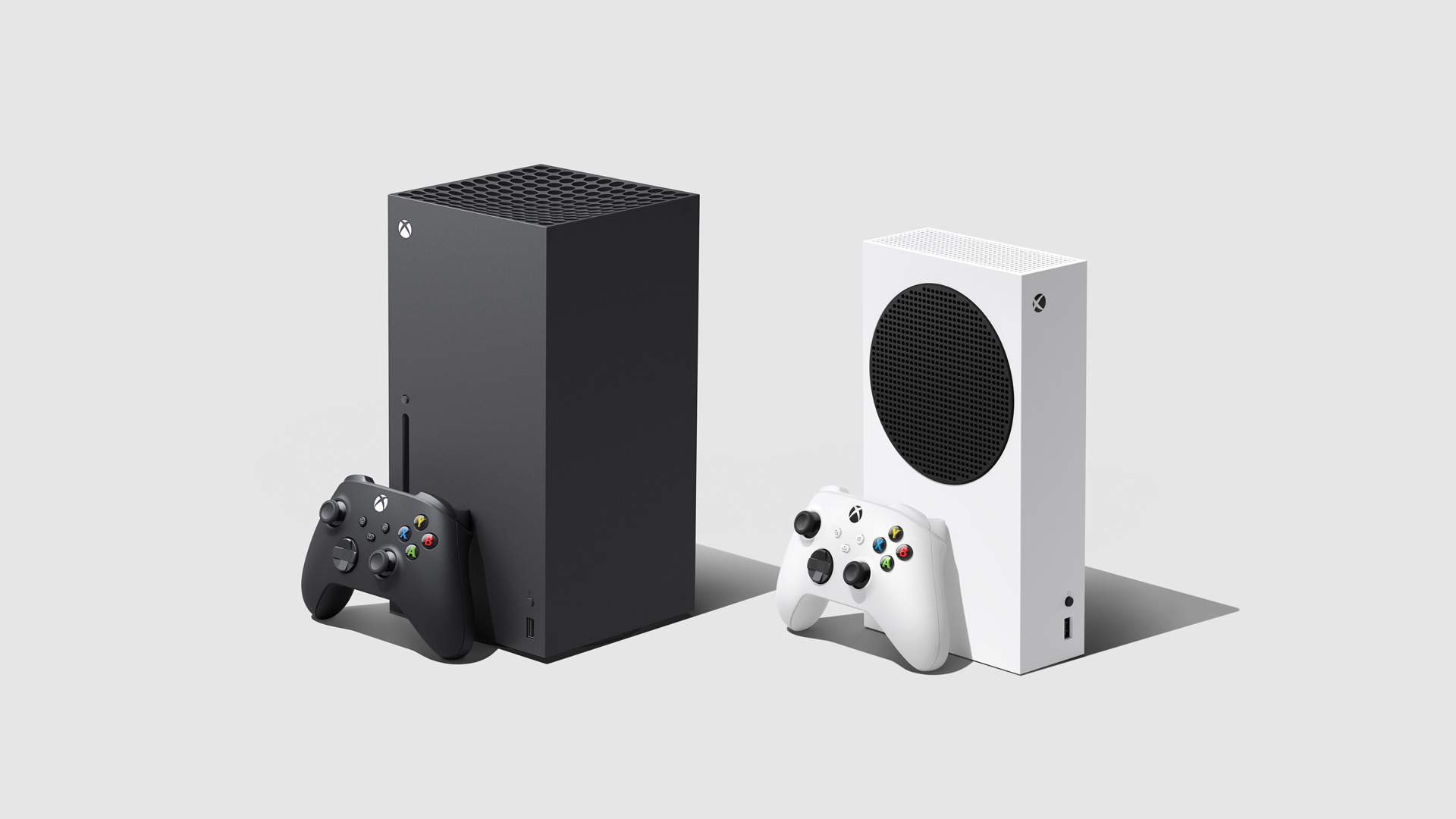
Microsoft's conflict minerals report has some concerning flags. The one area of improvement was with CMRT surveys, where it managed to achieve a 100% response rate from its 193 suppliers. (In 2020, there was a single supplier that did not return a survey, making for a 99.5% return rate.)
However, 2021 also saw the continuation of a concerning dip in conformant SORs in Microsoft's supply chain. In 2019, Microsoft had 99.6% conformant SORs, with just a single non-conformant SOR out of the 233 in its supply chain. In 2020, we noted that figure dipping to 78.7%, or 237 out of 301 SORs.
For 2021, that percentage continued sinking, with the company reporting 238 conformant SORs out of the 322 eligible for a 3TG audit program, or 73.9%. Another 25 SORs (7.8%) were in the process of becoming conformant, but the remaining portion of SORs – almost one-fifth of the SORs in the supply chain – had a potpourri of problems.
A total of 9 SORs (2.8%) either failed their audits or didn't renew their participation in the audit programs. 5 SORs (1.6%) were listed as "communication suspended," with the SOR having "strongly communicated a lack of interest in participation."
Another 36 SORs (11.2%) were listed as "Outreach required," with the next step being to have companies in the Responsible Mining Assurance Program reach out to "encourage" participation in an audit.
Then there were 5 SORs (1.6%) in communication with RMAP or its members about auditing, but which hadn't begun the process yet.
Finally, 4 SORs (1.2%) had "not met the threshold for due diligence vetting."
Despite all that, Microsoft did not in 2021 see any nonconformance that it felt justified terminating its business with any of its suppliers.
As for how it hopes to improve those figures, Microsoft said it would require in-scope suppliers to find alternative upstream suppliers if they're sourcing from non-conformant SORs.
Sony
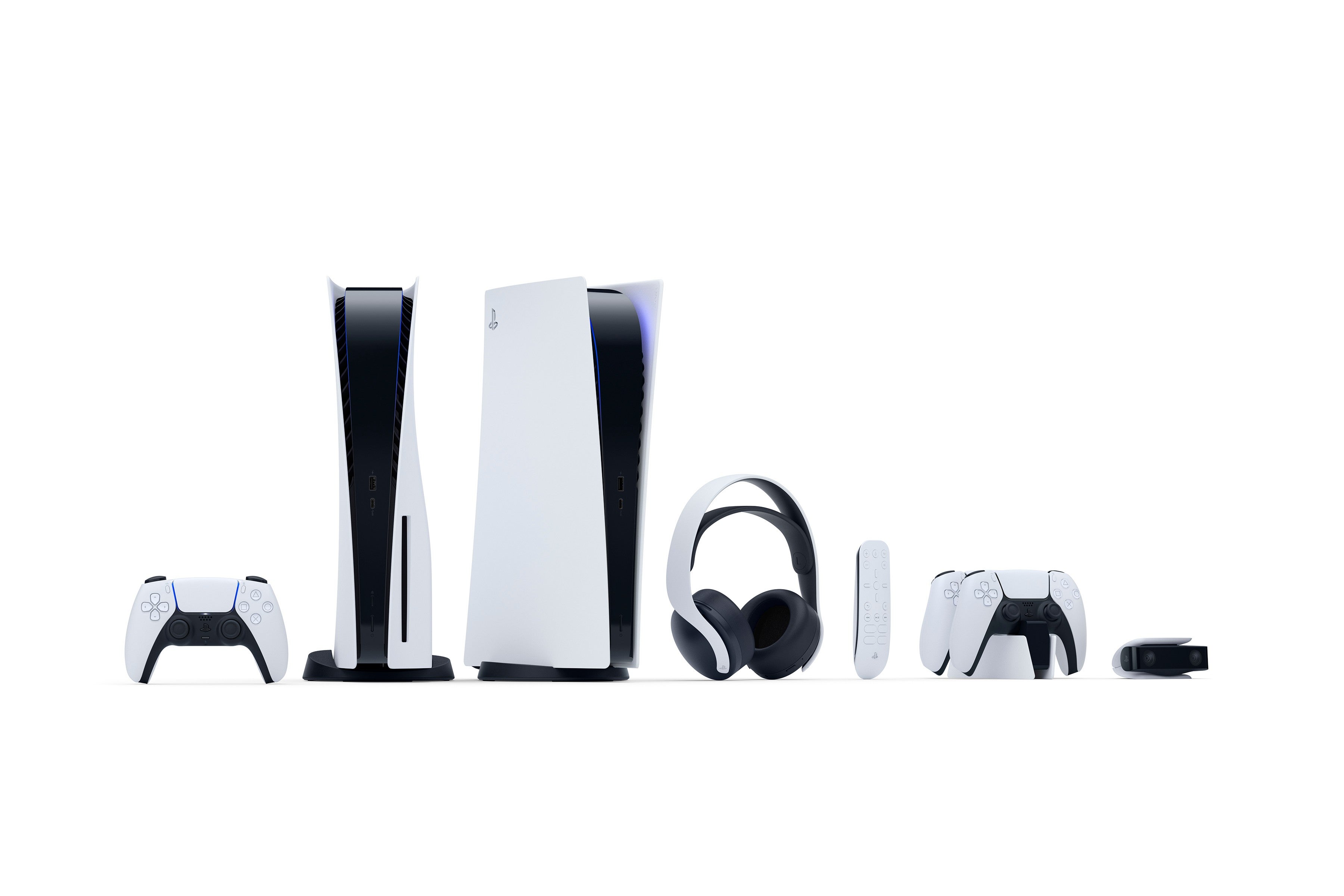
Sony has traditionally been the worst performing of the major companies we look at in this report. Or at least it was until we started looking at Amazon.
And while the company made steps to improve conflict minerals sourcing in 2020, 2021 saw it headed in the opposite direction. The best we can say about Sony is that it once again managed a 100% response rate from its suppliers, marking just the second time that has happened.
Unfortunately, the news from the suppliers was not good. Only 75% of Sony's 339 identified SORs were conformant, down from 80% of the 305 SORs in its supply chain for 2020.
Of the remaining 84 non-conformant SORs, Sony doesn't know where 47 of them are located, or where their 3TGs are sourced from.
As for how it will improve on these figures, it has asked its suppliers to work with their SORs to undergo audits, and to remove non-conformant SORs unwilling to go through the audit process from the supply chain, much as it has in previous years.
In 2021, Sony reported 31 suppliers who worked with non-conformant SORs, only 18 of which agreed to take the above steps.
If suppliers don't cooperate, Sony said it may take further actions that could include cancelling a supplier's contract or "implementing a phased-in termination of the business relationship."
Sony did not say if it actually took such actions in 2021.
It wasn't all bad for Sony though. In an annual sustainability report on its corporate site, Sony addressed its cobalt sourcing, saying it had eight suppliers drawing materials from 23 cobalt refineries, all of which were either conformant or in the process of a third-party audit to become conformant.
Nintendo
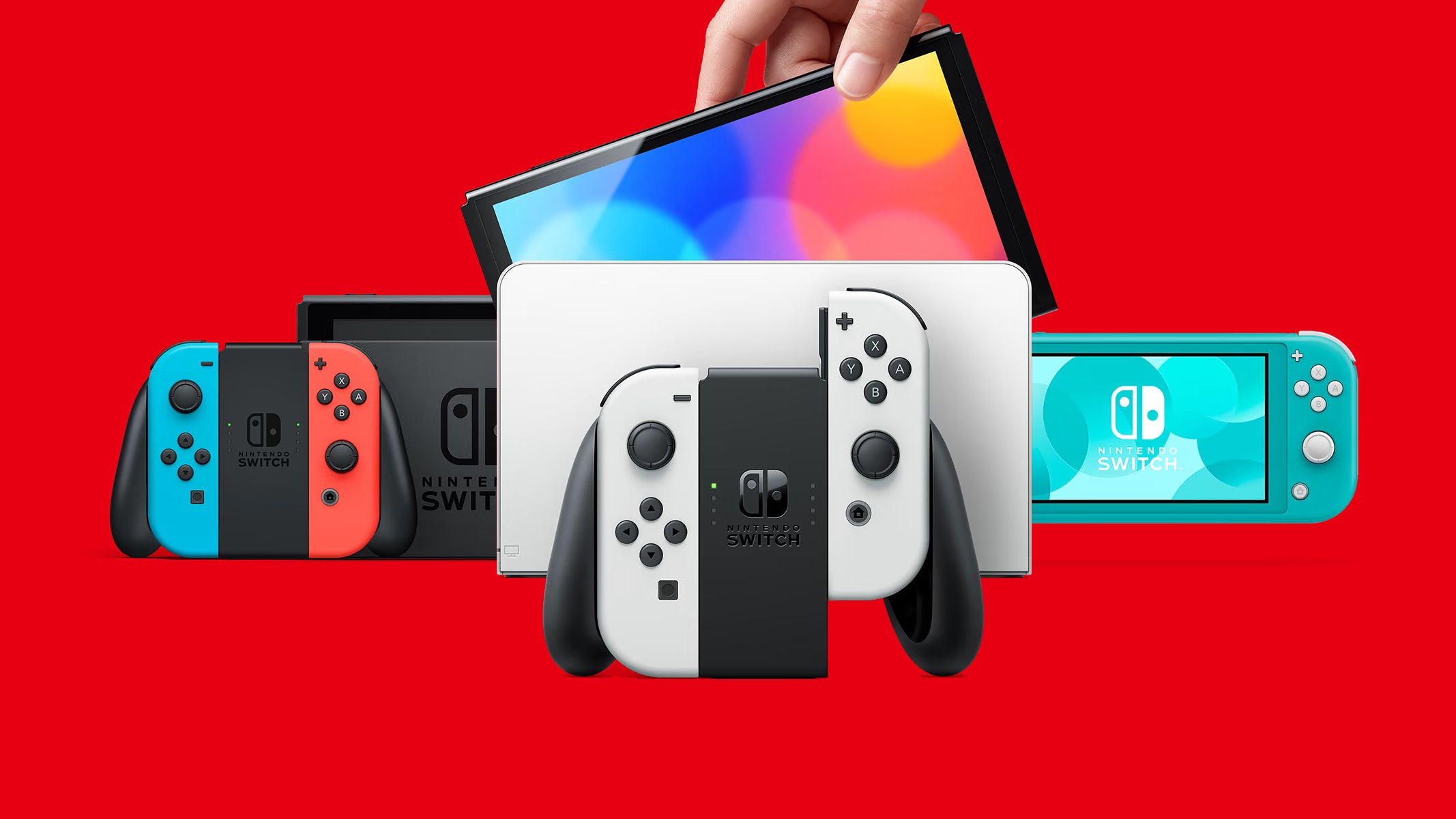
Nintendo isn't subject to the Dodd-Frank Act's disclosure requirements, but it does release comparable details on its corporate social responsibility page each year.
Just like in 2020, Nintendo saw a 100% response rate from suppliers in 2021, and it confirmed that 100% of the 282 SORs in its supply chain were conformant.
Nintendo has also gone a bit above and beyond its peers by including cobalt SORs in its disclosures as well as those that handle 3TGs, and still maintaining its perfect conformant rate.
However, that rate appeared to be obtained in part by cutting entire countries out of its supply chains against the guidance of the Organisation for Economic Co-operation and Development, which created the standards most companies use in their conflict minerals disclosures. If everybody were to avoid sourcing from conflict-affected countries entirely, there would be no reason to adopt above-board best practices, and the countries would lose out on legitimate economic activity that might help bring stability rather than fuel instability.
Nintendo previously said on its site that it has a policy that "prohibits the use of minerals from Conflict-Affected and High-Risk Areas." That straight-forward declaration is gone now, but footnotes on the site suggest the policy remains in place.
Just like last year, Nintendo only lists a single SOR in one of the countries covered by Dodd-Frank, a tin smelter in Rwanda.
Amazon
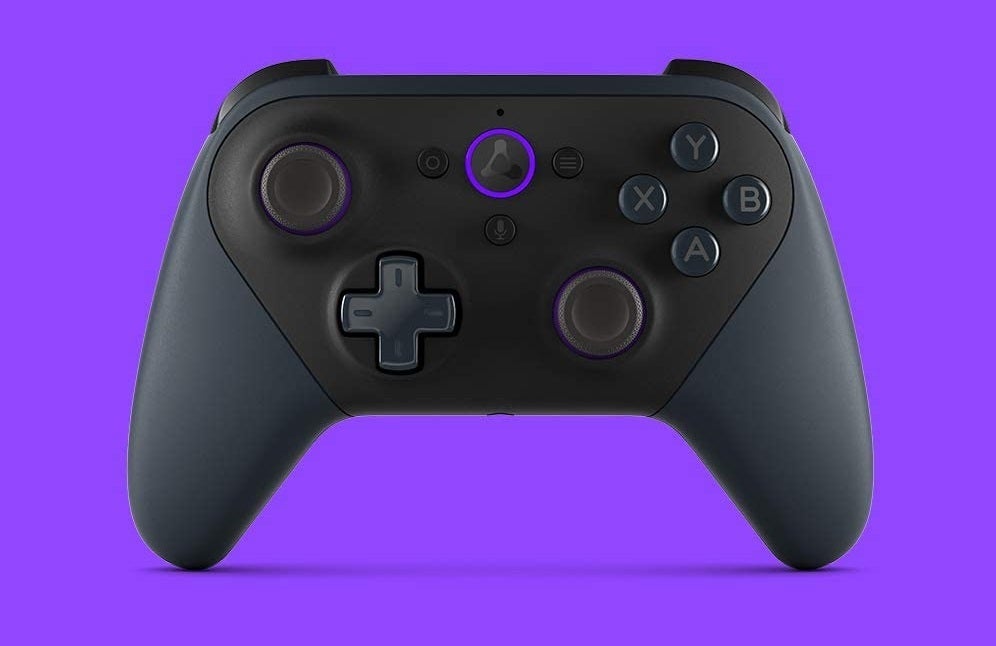
I'll cut and paste a chunk of last year's write-up of Amazon because that's more or less what the Fire tablet and Luna maker did in its reporting. Again.
Ever since Amazon first had to file a minerals disclosure on its supply chain in 2014, it has said the same thing: that "a majority" of its suppliers had certified that their supply chain was clean, either because they didn't use 3TGs, didn't source them from the Covered Countries, or used only conformant SORs.
As for what the situation is with the suppliers who might be funding war crimes – which, given its vague disclosures, could be almost 50% of the 1,900 suppliers it works with – Amazon only said, "The remaining suppliers are still completing investigations of their supply chains."
That was word-for-word what the company reported last year. And the year before that. And every year since 2014.
In nine years of filings, Amazon has never given an indication as to how large a majority of its suppliers filled out their CMRT surveys or how many are still investigating their supply chains. There's no telling how many SORs they might collectively source from, much less whether those SORs would be funding militias and/or human rights abuses.
Amazon has shown zero demonstrable progress on conflict minerals since reporting began.
Apple
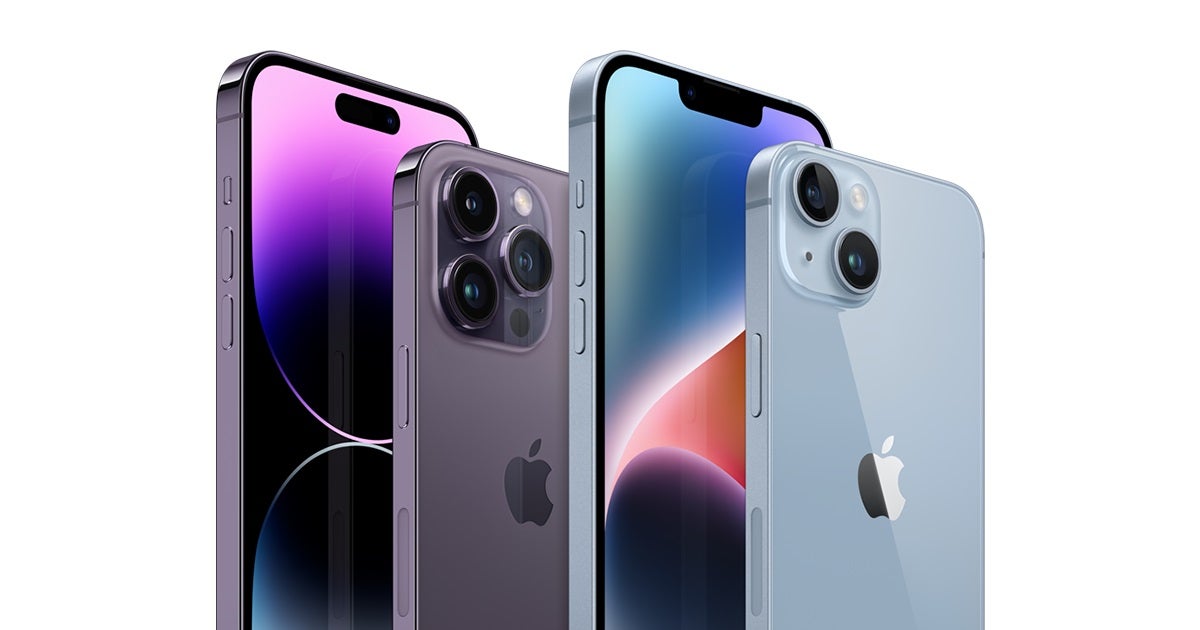
If Amazon's reporting is mockery of the push to detail responsible sourcing procedures, Apple's reporting is a model of it.
Apple was among the first big tech firms to prioritize conflict minerals sourcing and reporting, and it continued to lead the way in 2021. For the seventh straight year, 100% of the 253 smelters or refiners in Apple's 3TG supply chains were participating in independent audits. Apple said the same about its cobalt and lithium supply chains, neither of which it is required to report on.
One of the ways Apple has kept its unblemished record is by removing from its supply chain anyone who either won't go through the audit process or goes through it but falls short of requirements. In 2021, that meant scratching a dozen SORs from the supply chain. Since 2009, the company has removed a total 163 SORs from its chain.
A little more than half of those removed suppliers over the years have been dealing in gold, so it's worth noting that Apple has made particular strides in its sourcing there. The company has set a goal to use recycled gold exclusively in its supply chain, and 2021 was the first year it achieved that in a single Apple product. That product was the iPhone 13, which used recycled gold for the front and rear camera wiring, as well as the main logic board plating.
Apple said it eventually wants to use exclusively recycled and renewable minerals and materials in all of its products.
Alphabet/Google
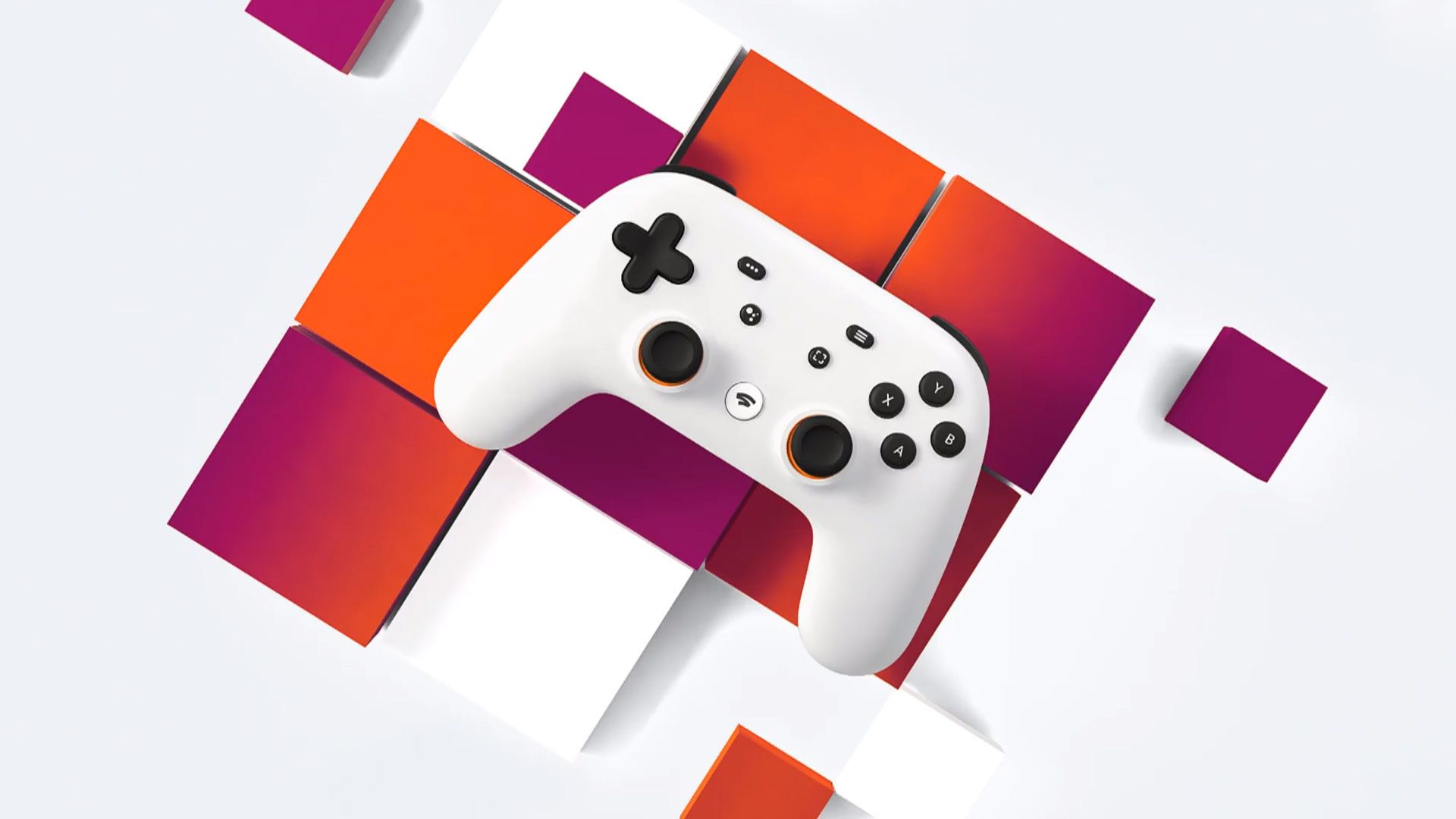
Google's a lot like Apple, it turns out.
Like Apple, Google had its bases mostly covered in 2021.
Like Apple, every SOR in Google's supply chain is compliant, in the process of becoming compliant, or not sourcing 3TGs from the covered countries. Google received a 100% response rate from its suppliers, who collectively identified 266 SORs in the supply chain. 89% of them were conformant and another 5% were going through the auditing process. The remaining 6% were at least confirmed to not be sourcing their 3TGs from the covered countries.
Like Apple, Google has been doing this for a while now. 2021 was the company's fourth straight year where 100% of its 3TG supply chain fell into those three categories.
Like Apple, Google is also paying attention to its cobalt supply chain, funding Responsible Sourcing Network research into the challenges of ethical cobalt sourcing and funding Responsible Minerals Initiative efforts to aid cooperation between stakeholders to understand what effect investments and efforts to mitigate issues with cobalt supply chains have been having.
Like Apple, Google also wants to increase its reliance on recycled materials. Unlike Apple's future 100% recycled commitment, Google set a more modest near-term goal, aiming to have 100% of Google consumer hardware products contain at least some recycled materials in them starting this year.
Meta/Facebook
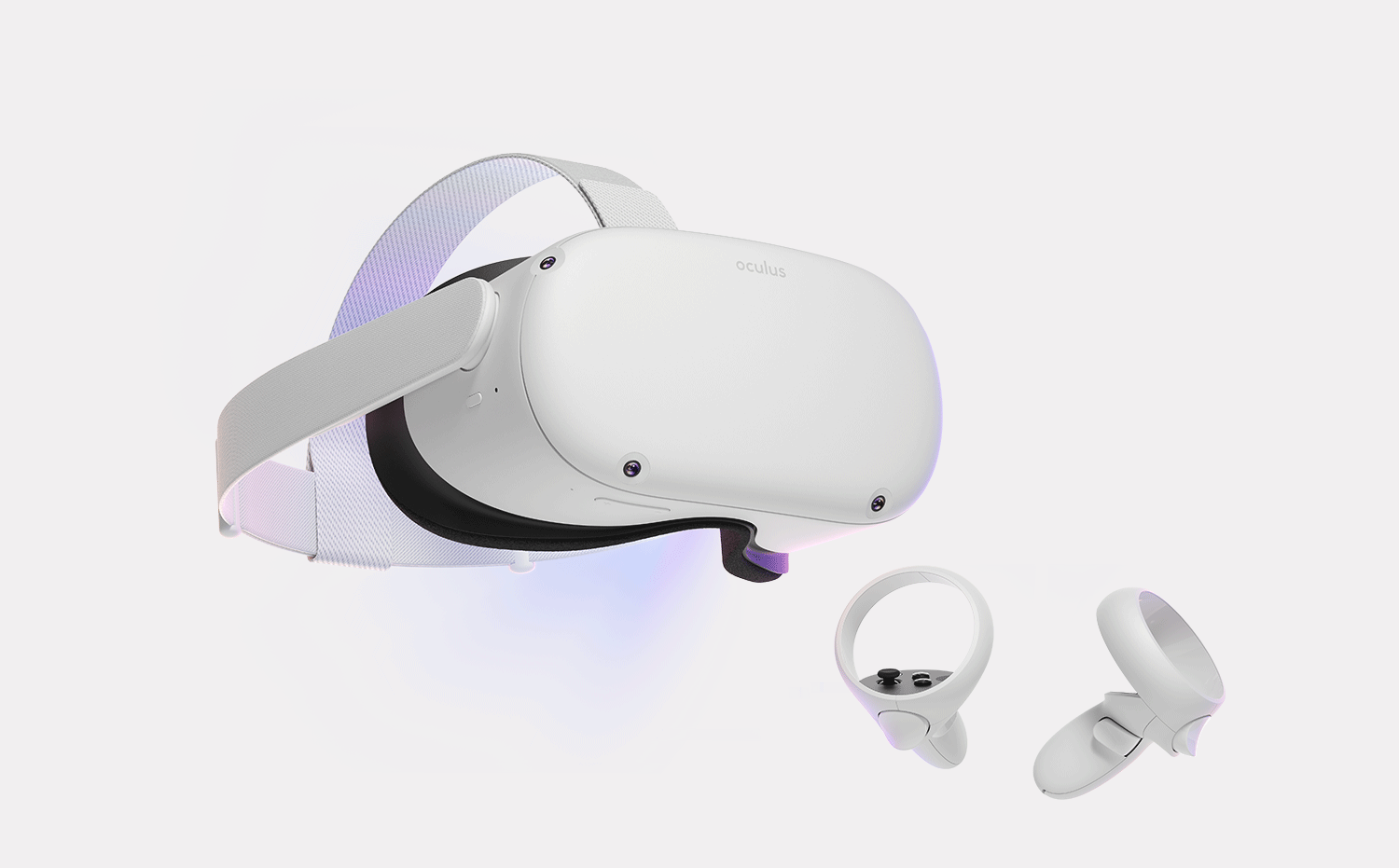
Meta is less significant in the hardware space, with its Portal video calling device as well as Quest VR headsets and controllers being the only 3TG products of note that it makes. Despite that, the supply chain is similarly sprawling, with Meta identifying 255 SORs in its supply chain.
Almost 91% of those were conformant, with another 4% being active in a third-party audit program. That left 13 SORs – about 5% of the total – in question.
While 95% compliance is better than a lot of companies we looked at, it's still down from 99% last year. Given Meta's various hardware offerings will likely ramp up if it continues its massive push into the metaverse, it's worrying to see any backsliding on this front.
It's also unclear what Meta will do to improve its numbers from here, as its disclosure form was substantially identical to last year, with little difference beyond the updated numbers.
Other Companies in Brief
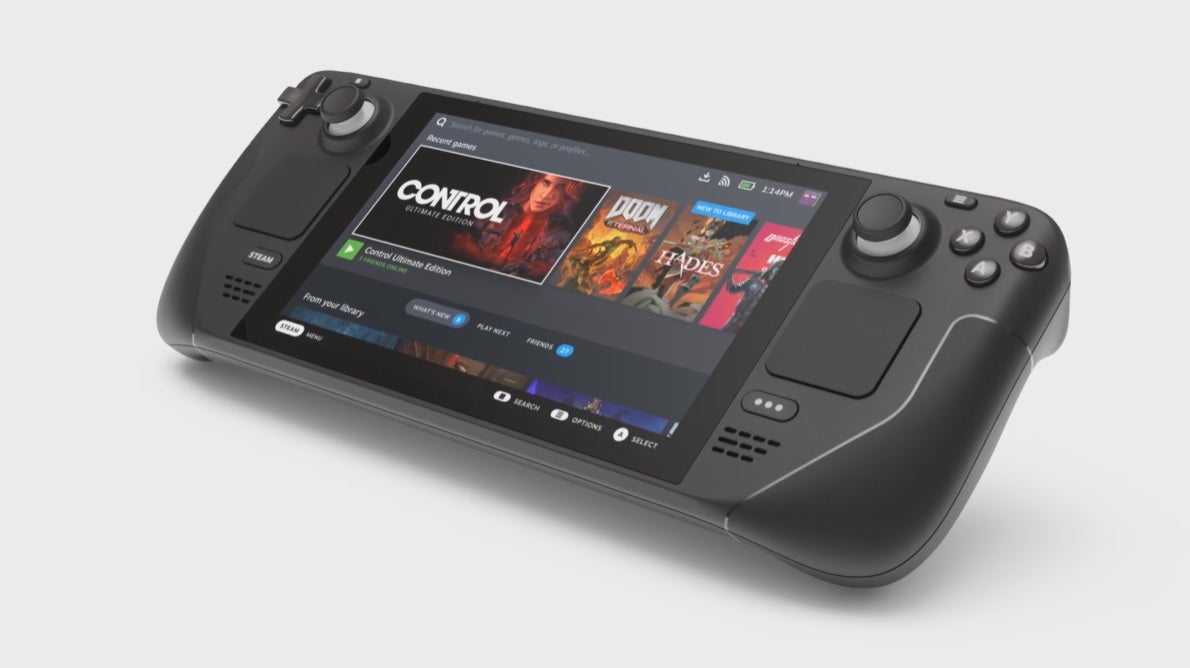
● For the fourth straight year, Valve didn't answer our inquiries about conflict minerals. The company's continued refusal to even acknowledge responsible minerals sourcing as a concern, its growing hardware presence with the Steamdeck, and its well-demonstrated disdain for basing decisions on morality continue to be a deeply concerning combination of factors.
● Logitech saw its percentage of conformant SORs drop from 98.4% (247 out of 251) in 2020 to 92.5% (234 out of 253) in 2021. In both years, all non-conformant SORs were either in the audit process or confirmed to not source their 3TGs from the DRC or neighboring countries.
● Turtle Beach also dropped in 2021, going from having 94% of its SORs conformant (232 out of 246) to 85% (225 out of 264). The company says it works with partners "to provide awareness of Turtle Beach's goal to only source from conformant smelters or refiners," but did not describes steps it will take to get closer to that goal instead of falling further away from it as it did in 2021.
● Razer is not subject to Dodd-Frank requirements, so it didn't file with the SEC. It did point us to its Go Green with Razer initiative though, saying it is requiring suppliers to conduct due diligence for responsible sourcing of minerals, and that it is participating in a moratorium on deep sea mining. It also states that it does not purchase materials from high-risk areas.
● We haven't covered GameStop previously, but the retailer does use 3TGs in parts for its refurbishments business as well as some of its merchandise. It reported a 100% response rate on surveys, with 16 SORs in its supply chain, two of which could not be confirmed as conflict-free. On top of that, some of its suppliers did not identify their sources for raw materials.
● HTC once again referred us to the corporate responsibility page on its website, which affirms that the company continues to avoid sourcing materials from Central Africa and takes steps to ensure no child labor is used by its manufacturing suppliers.
● Activision Blizzard was only in last year's report because of a single product, a World of Warcraft beer stein it made. The company confirmed for us that it didn't make any products using 3TGs in 2021, so it didn't need to file a disclosure form with the SEC.
The Basics
In the 2000s, the United Nations identified connections between the mining of 3TGs (the collective shorthand for tin, tantalum, tungsten, and gold) and the funding of non-state armed militias in the Democratic Republic of Congo (DRC). In some cases, those militias controlled the mines and forced civilians to work them. In others, they extorted money from the mines or taxed the trade routes they used. In short, the money companies paid for minerals in their supply chains was funding the militias that were committing an array of crimes and human rights abuses.
Concern around the subject led to the inclusion of regulations around conflict minerals in the US' Dodd-Frank Wall Street Reform and Consumer Protection Act, which became federal law in 2010. One small part of the law – Section 1502 – explains legislators' concern that the trade of 3TGs was funding "extreme levels of violence in the eastern Democratic Republic of the Congo, particularly sexual- and gender-based violence, and contributing to an emergency humanitarian situation therein..."
Section 1502 requires companies that are publicly traded in the US and use 3TGs from the DRC or neighboring countries to have independent audits of their supply chains to ensure they weren't funding armed groups, and to make public disclosure of their findings.
The way it normally works is that the company assesses the products it makes to see if any of them use 3TGs. If so, they ask their suppliers to fill out surveys to help identify where the 3TGs in their products come from.
But the suppliers aren't digging these things out of the ground themselves. They're getting the minerals from smelters or refiners (SORs), who in turn should have an idea as to which mines produced the minerals they smelt or refine.
So the industry decided that the best way so ensure an ethical supply chain was to have a variety of audit programs for SORs where independent parties could assess SOR operations and ensure they were keeping to established best practices in order to ensure the minerals they dealt with were ethically sourced and not going to fund armed conflict or other human rights violations. SORs that get that stamp of approval are called "conformant."
Companies began making those disclosures in 2014. We've reported on them since 2015. You can read our previous reports here:2015
2016
2017
2018
2019
2020
2021
Click here to return to the top of the article.
Common Terms
There are a handful of terms and acronyms that we are leaning on across the article. Here are a few of the big ones and what they mean:3TG - This means tin, tungsten, tantalum, and gold, collectively the four substances US conflict minerals laws require publicly traded companies to report on the use of in their supply chains.
SORs - Smelters and refiners, one of the furthest upstream elements in supply chains for minerals, and well-positioned to have visibility into which mines produced their minerals. Companies typically do not do business directly with SORs, so they exert their influence on their suppliers, who may in turn have additional suppliers in between themselves and the SORs.
DRC - The Democratic Republic of Congo, one of the first countries where the financial ties between the mining of conflict minerals and armed groups was established.
Covered Country - As defined by the Dodd-Frank Act, this includes the Democratic Republic of Congo and adjoining countries: Angola, Burundi, Central African Republic, Rwanda, South Sudan, Tanzania, Uganda, and Zambia. Some companies base their disclosures around 3TGs from these areas.
Conformant - A catch-all description used for smelters and refiners who have passed an audit process to ensure responsible sourcing. These programs are overseen by a number of outfits, including the London Bullion Market Association, the Responsible Jewellery Council, or the Responsible Minerals Initiative.
RMAP - Responsible Minerals Assurance Process, a program created by the Responsible Minerals Initiative to help companies responsibly source minerals in their supply chains.
CMRT - Conflict Minerals Reporting Template, a standardized reporting measure developed by the Responsible Minerals Initiative to allow companies to gather and submit information about the upstream elements of their supply chains and every link between them and a mineral's smelter or refiner.
Author

Brendan Sinclair
Managing Editor
Brendan joined GamesIndustry International in 2012. Based in Toronto, Ontario, he was previously senior news editor at CBS-owned GameSpot in the US.
No comments:
Post a Comment